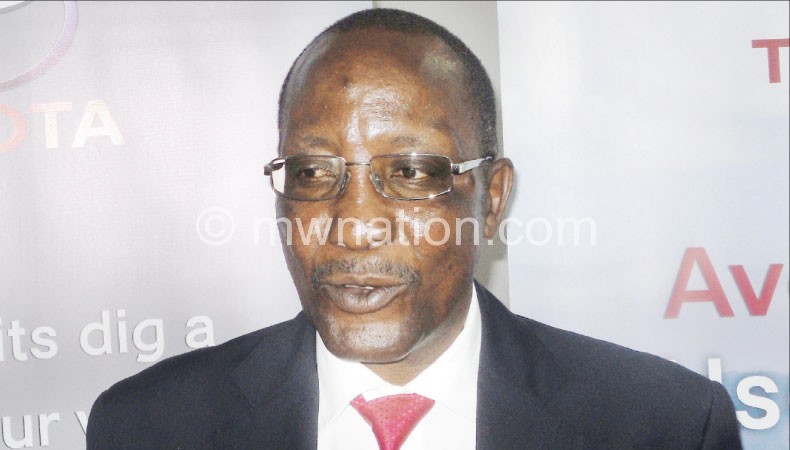Group urges govt to address macroeconomic imbalances
Economic Empowerment Action Group (Eeag) has asked government to address some of the macroeconomic imbalances by designing policy plans to achieve their correction and find means to effectively enforce them.
In an interview with Business News on Tuesday, Eeag president Lewis Chiwalo said Malawi has to do more in identifying sources of the country’s macroeconomic imbalances which in the long-term would help address poverty-related challenges.

He said government needs address persistent current account deficit, unfavourable terms of trade as evidenced by the low export market share and unstable Real Effective Exchange rate among others.
Malawi’s trade balance continues to widen despite various policy intervention to narrow the trade deficit-a negative balance of trade in which a country’s imports exceed its exports.
According to the National Statistical Office (NSO) December 2016 quarterly statistical bulletin as at September 2016, Malawi’s trade deficit stood at K52 billion up from K31.5 billion during the same period last year.
In total, import soared to K116.8 billion up from K101.5 billion the same period last year while exports slowed to K64.8 billion from K70 billion.
On the other hand, Malawi is expected to record a current account deficit of $11 (K810 billion) this year from the previous year’s $1.02 billion (K744 billion) according to figures from the Reserve Bank of Malawi (RBM).
“And from the internal sustainability perspective, sources of macroeconomic imbalances include volatile gross domestic product, unstable prices, high government domestic borrowing, low private sector credit resulting into high unemployment and low capacity utilisation, and these if not properly addressed can have a negative impact in poverty reduction, hence our call to include measures to address all these macroeconomic imbalances if this country has to move forward and achieve some economic gains both in the short, medium and long term.
“Because there are these macroeconomic imbalances which zero in on inflationary pressures and if sources of these imbalances are identified, they may in the long-term help to address poverty related challenges and thereby creating a platform to design policy plans to achieve their correction and to find means to effectively enforce them,” he said.
Looking ahead, Chiwalo said the group expects this year’s budget [2017/18] to be a pro-poor budget which will focus much on poverty reduction and a relatively reduced domestic borrowing to tame inflation.
In an earlier interview, a finance and corporate strategy expert James Kamwachale Khomba, who is also lecturer at The Malawi Polytechnic of the University of Malawi said unless authorities re-look into its monetary policies and that there is change of attitude among Malawian consumers, increased importation of goods and services will only help in killing local businesses, which is bad for the economy.
“We have been so much engaged in more of importation, unfortunately, most of the products are actually for consumption. If we can invest whatever we are importing, that could be good for the economy. We have been net importers all long probably this is also to do with the issue of substitution of our products to the extent that we are even importing tomatoes, potato crisp and cornflakes,” he said.





